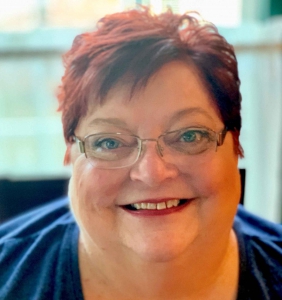
About Charlene S. Jansen, EMT-P, BS, MM
Charlene S. Jansen, EMT-P, BS, MM, began her EMS career in 1980 at a small rural system in central Missouri. She obtained her paramedic certification from St. Louis University and began working for the City of St. Louis. During her tenure with the City of St. Louis, EMS merged with the St. Louis Fire Department. She became the EMS training officer for 860 uniformed personnel. Her first paramedic class was held in 1991 and she has remained committed to all aspects of EMS education ever since. She has been the program manager for St. Louis Community College with an enrollment of more than 500 EMS students annually. She also gained valuable experience while employed by St. Louis Children’s Hospital in the emergency unit and as the trauma data analyst for the trauma division. Jansen retired as an associate professor for the paramedic program at Mineral Area College. She holds a Bachelor of Science in EMS Management from Lindenwood University – Cum Laude and a Master of Management from Fontbonne University. She remains a licensed paramedic in Missouri and is married with two daughters and four grandchildren. She regularly facilitates classes for Distance CME, powered by Relias.
